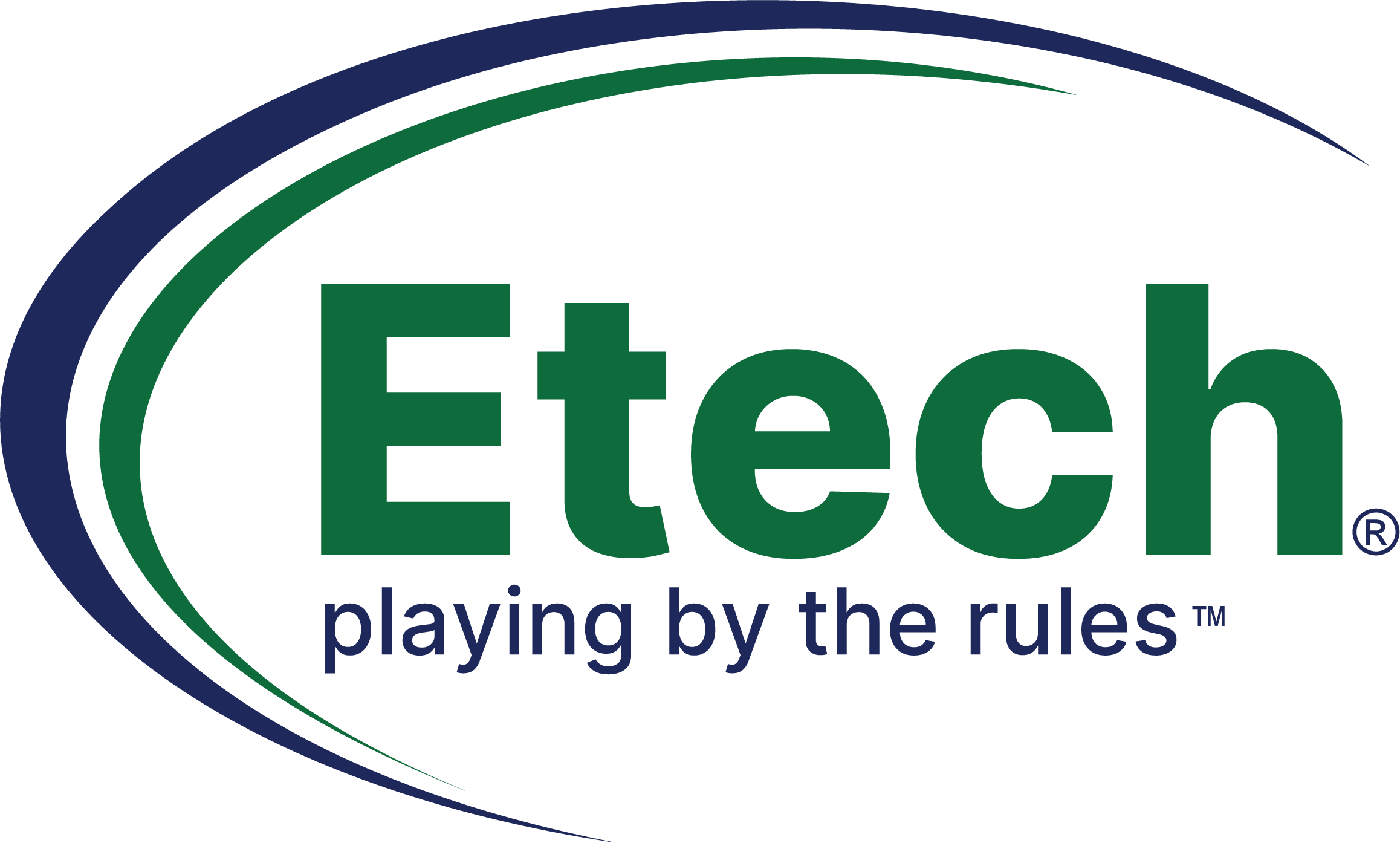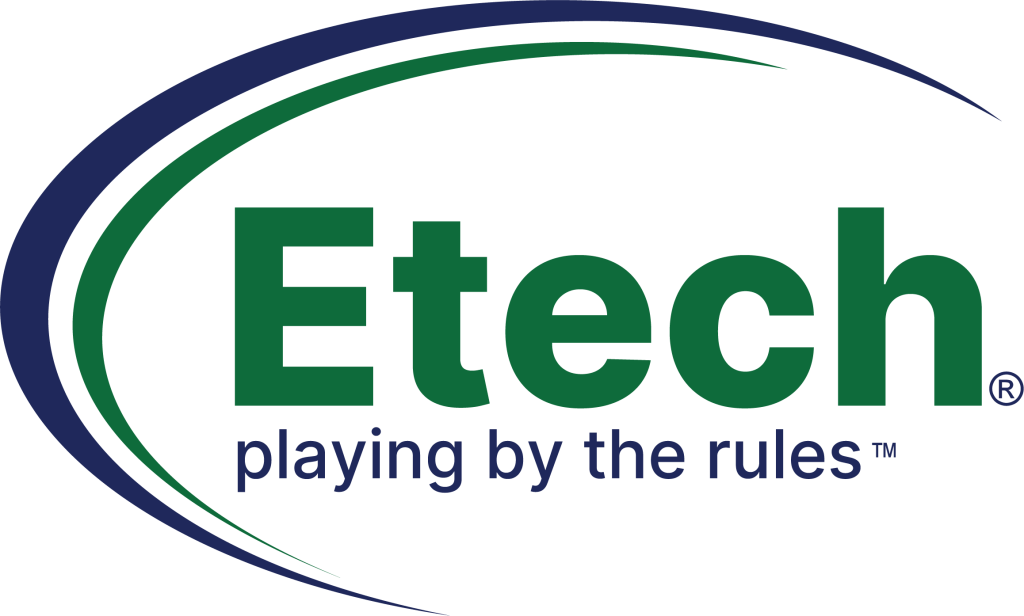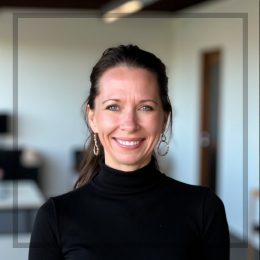What Did You Say? Self-Help for Listening Like a Pro

In today’s fast-paced world, active listening plays a vital role in effective communication. Without being a good listener first, communication becomes a daunting task. But how does one master active listening?
Active listening is a skill, the more you practice the better you get at it. No one becomes a good listener in one day, listening well requires patience, practice, and perseverance. Active listening is not all about focusing on what is being said rather it is about absorbing and understanding the intention behind the said words.
“If you make listening and observation your occupation, you will gain much more than you can by talk.”
– Robert Baden-Powell, Boy Scouts Association
There are plenty of benefits of active listening. It helps in a number of ways, including improving communication, making well-informed decisions, and building strong relationships across one’s professional as well as personal life. Active listening will also help you to anticipate problems, resolve conflicts, and improve your knowledge.
Top 3 Tips for turning you into a Listening Genius
1. Focus on Actions
Maintaining focus and engagement during a long conversation can be a challenging task, as there is a high chance of getting distracted or losing interest even for a brief moment. Here is a trick to keep your interest and activeness intact when someone is speaking:
“Focus on the actions”.
Ensure you make eye contact with the speaker, follow through with their gestures, keep a positive expression, and nod when you understand their message. These actions not only keep you engaged in the conversation but also demonstrate that you are appreciating the speaker’s efforts.
2. Decide You Are Going to Listen
Actively listening to what the other person is saying can be challenging, as there are multiple distractions vying for our attention. Being glued to our gadgets, the voices in our brains, and distractions in our surroundings can often make it difficult to be active listeners. Additionally, the constant desire to interrupt and present our point of view and personal agendas, nervousness, and unwanted feedback from the speaker can also hinder conversations.
To overcome these obstacles, it’s crucial to make a firm commitment to listen attentively before engaging in any conversation and accept you are there to learn something new and elevate your potential. By doing so, you are taking well-formed steps to become a good listener. Joining a meeting or conversation half-heartedly keeps you distracted and increases communication gaps. Hence, you should put aside personal thoughts and agendas, and instead, you must listen first with an open heart.
3. Be Curious and Seek Knowledge
One of the most successful ways to stay fully attentive in a conversation is to cultivate a sense of curiosity. When you are curious, you continuously and attentively seek knowledge. Being curious while someone is speaking helps you stay invested in the conversation and absorb even more.
Doing simple things like asking questions with curiosity, preparing yourself to learn, or simply entering a conversation with a learning attitude can make all the difference and turn you into a good listener.
As mentioned at the beginning, you can indeed develop active listening through consistent practice. On top of the above-suggested tips, focus on emphasizing actions such as:
- giving full attention to the speaker
- showing compassion for the speaker’s perspective
- going into the conversation with an open mind
- eliminating judgment and biases
- responding thoughtfully to the speaker’s message
Focusing on these actions can absolutely add value to your journey of becoming a proactive listener.
Try it Yourself!
Now that you have learned the top three tips for becoming an active listener, it’s time to put them into practice. Challenge yourself to try these tips in your next five conversations, and rate yourself on which of the three actions you scored the best and which action you need help with.
If you find that you need help with any of these actions, reach out to Melissa for one-on-one coaching.


